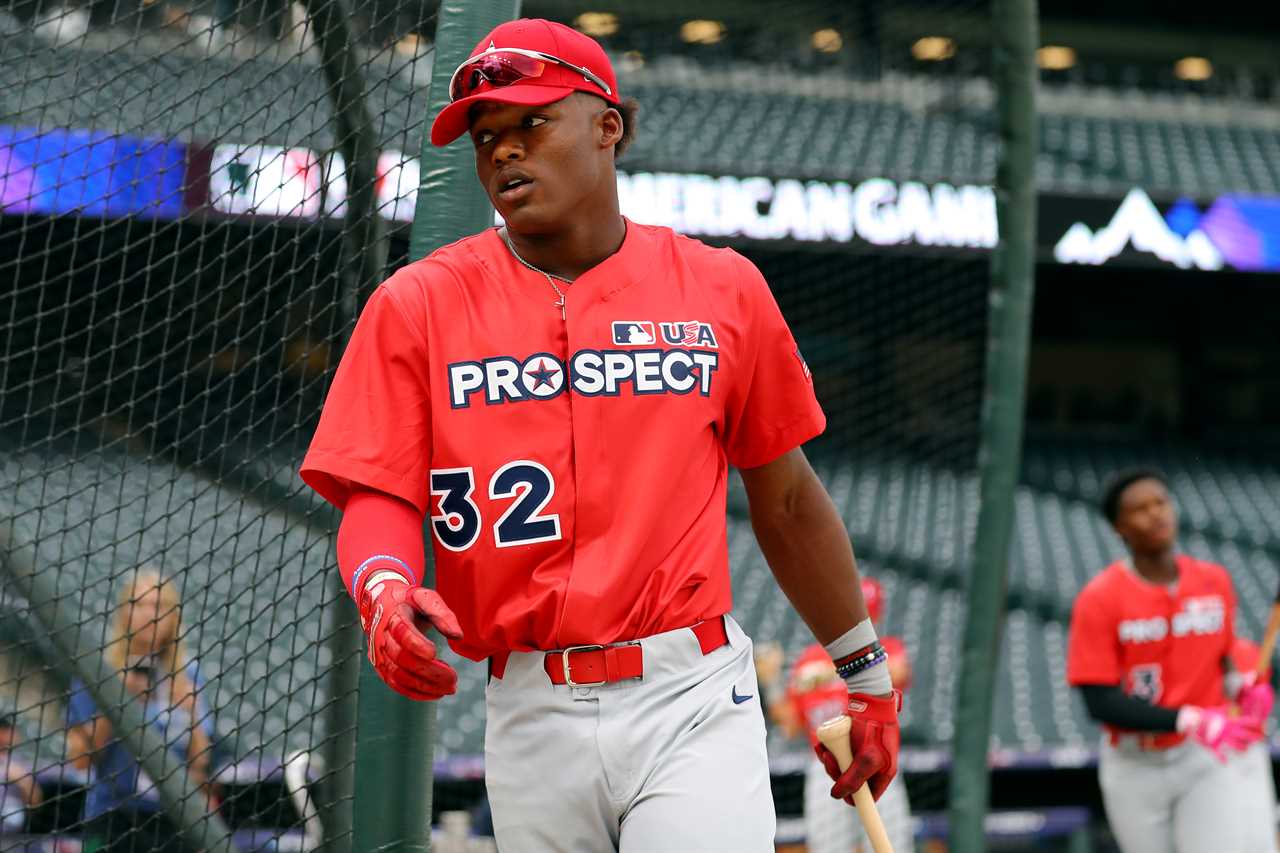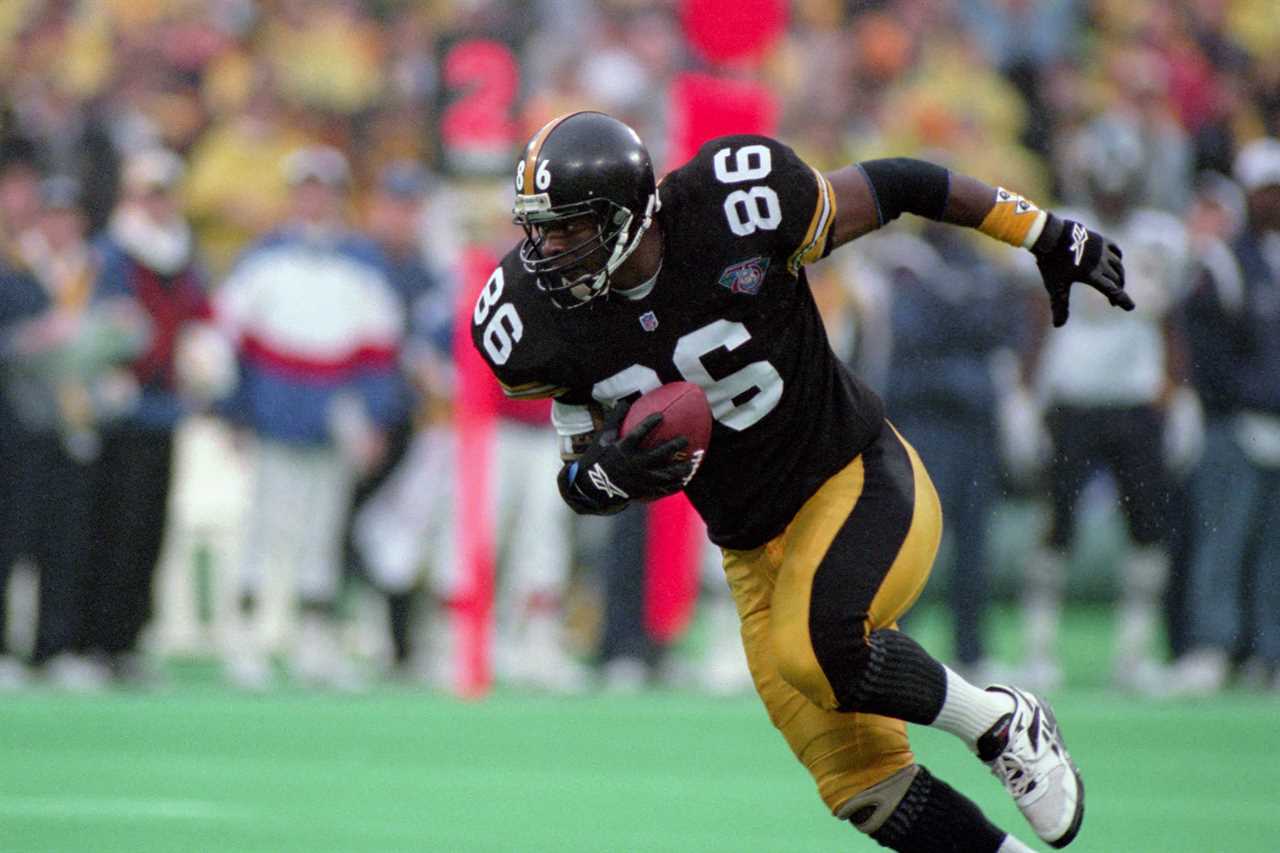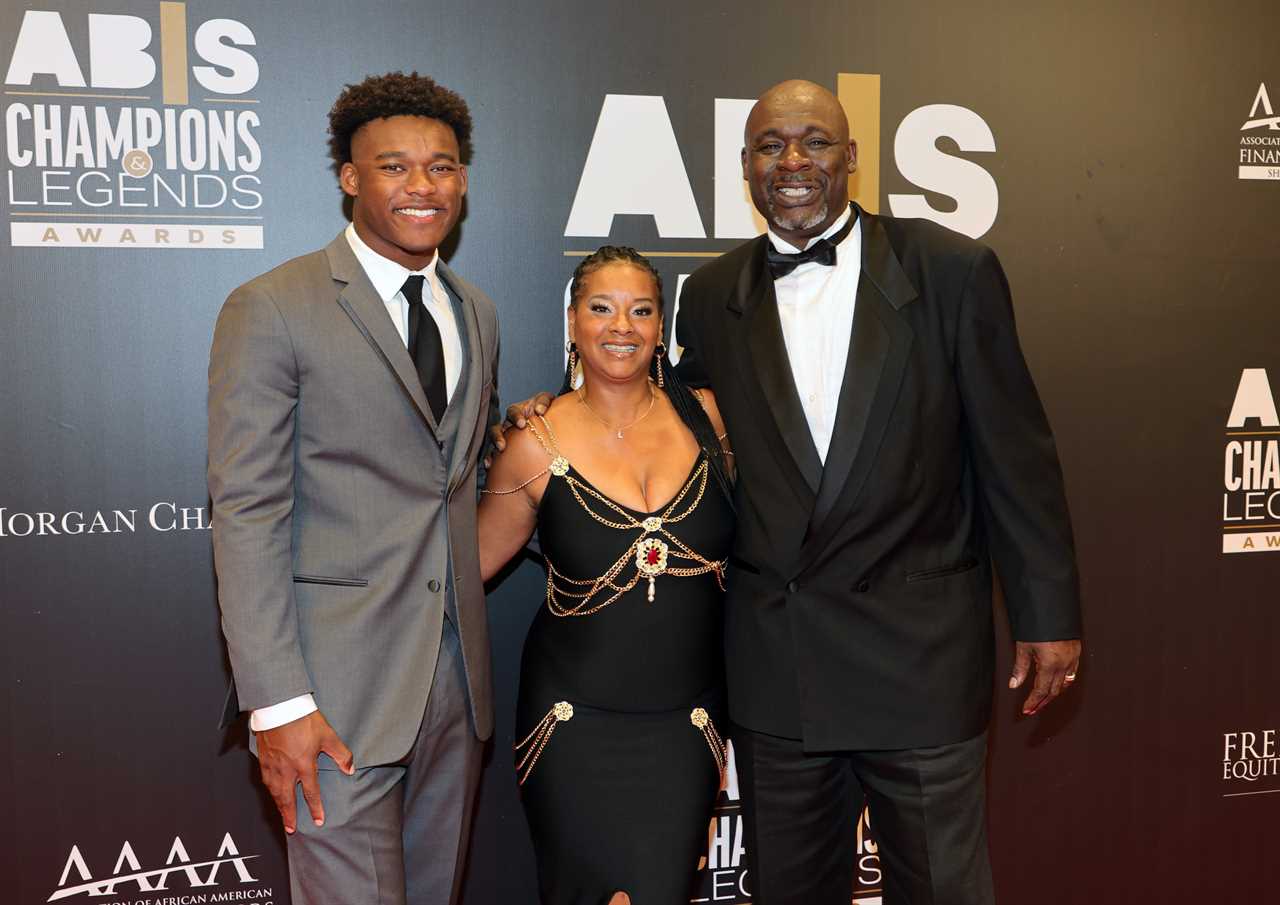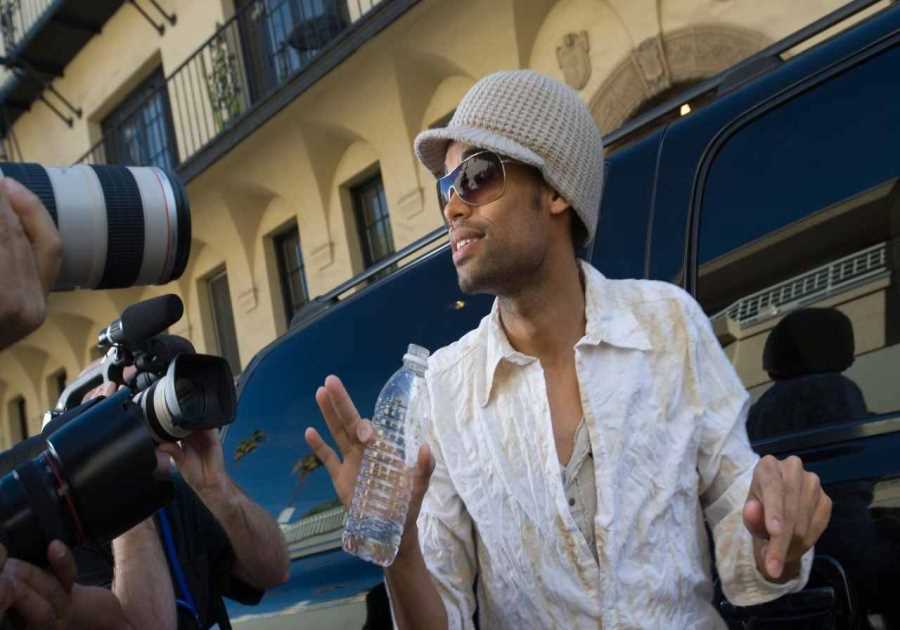Major League Baseball wraps up its 118th World Series this week with a mixture of encouraging and discouraging news.
For African American baseball fans, the good news is that Houston Astros manager Dusty Baker is one victory away from becoming the second Black manager to win a World Series championship.
The disturbing news is that for the first time since 1950, no African American players are participating in the World Series.
The statistic is jarring but not totally unexpected.
For the last 40 years, baseball has been fighting a losing war against basketball and football to lure top young Black athletic talent to the national pastime. Beginning with Jackie Robinson’s 1947 debut, the percentage of African American players rose to a peak of 18.7% in 1981. While 38% of MLB players are players of color, the percentage of Black or African American players on Opening Day rosters for 2022 was 7.2%.
The news is stunning for those of us who grew up in an era when African Americans were always a solid presence in baseball.
“I was astonished, No. 1, because I grew up loving baseball and seeing guys who looked like me playing baseball,” said Eric Green, who spent 10 seasons in the NFL as a standout tight end. Green became an NFL star but as a kid growing up in Savannah, Georgia, baseball was his passion.
“Baseball was my first love,” he said. “When I was inducted into the Greater Savannah Athletic Hall of Fame, the one story I told was when I hit a grand slam to win a championship game in baseball. I didn’t tell one story about football. Baseball was very significant in my life growing up.”
For Green, the encouraging news is that his 18-year-old son, Elijah, is part of a new vanguard of young African American baseball players who hope to reinvigorate the pipeline that brought talented young Black players to the MLB.

Mary DeCicco/MLB Photos via Getty Images
In July, for the first time in MLB draft history, four of the first five selections of the draft were Black Americans: Druw Jones was selected second overall by the Arizona Diamondbacks; Kumar Rocker was selected third overall by the Texas Rangers; Termarr Johnson was chosen fourth overall by the Pittsburgh Pirates; and Elijah Green was picked fifth overall by the Washington Nationals. Overall, nine players selected in the first round were Black (30%), the most by total and percentage since 1992 when 10 of the 28 first-round selections were Black.
A look at the respective journeys of Green and his son demonstrates how while some things have changed for the better, some things have remained the same.
Green was 12 years old when he decided that his route out of poverty would be football. He lived a economically disadvantaged life in Savannah. He arrived home from school one day to see his family’s possessions on the street. They had been evicted.
“As a 12-year-old kid, seeing myself, seeing all my peers seeing what had just happened to me and to my family, that right there stained me. It made me who I am today,” Green said. “I made a vow then that I was going to make something of myself.”
Green knew that he wanted to make as living playing sports. He decided that if he was going to make a living playing sports, the quickest route to making money was in football.
“I grew up extremely poor. I heard about the route to get to the major leagues [as] opposed to the routes to getting to [the] NBA or to the NFL. It was drastically different,” he said. “I picked the road that was easier traveled for me to help my family get out of the current situation that we were in.”
Baseball would have taken too long.
“If you get drafted, you’re not going straight to the pros,” Green said. “Then, you’re going to get into a system where your play doesn’t even dictate when you get to the pros. It’s when somebody deems you’re ready. So, I could not wait four or five years after I’m out of high school for someone to say ‘Oh, now he’s ready to go to the pros.’ No, my family would’ve been destroyed by then.”
Green was an outstanding baseball player, but the sport became too expensive.
“I couldn’t afford the things that was needed for baseball,” he said. “At a certain time, things were provided for us, then once we got older, we had to provide those things for ourselves. And that right there took me out of baseball.”

George Gojkovich/Getty Images
Football was convenient and he had a role model, Edwin Bailey, a fellow Savannahian who attended South Carolina State and was drafted by the Seattle Seahawks.
“He’s from Savannah, Georgia. And he grew up like me,” Green said. “And I knew him, and I took a liking into what he was doing with himself in Seattle. And I told myself that’s something that I wanted to do because I got somebody from my hometown that made it, so I knew this was possible.
“The transition was really easy for me to make that choice to say what was going to help me do what Edwin did for his family.”
While baseball was expensive, a group of white men in Savannah funded the local Pop Warner youth football team.
“They were our coaches. Those guys invested in us,” Green said. “They gave us the 50 cents to get to practice on the bus. We didn’t have to pay for any registration, we just showed up and played. They gave us a voucher where one of the guys who coached there owned an athletic store where we could go get our cleats.”
Between Pop Warner and the Frank Callen Boys & Girls Club, Green was able to enjoy a productive youth athletic experience at minimal to no cost. He excelled in Pop Warner and high school, and was recruited by Clemson and Liberty to play football. He chose Liberty, had a successful career, was drafted by the Pittsburgh Steelers in 1990 and embarked on a 10-year NFL career.
Elijah Green was born into an upper middle-class family. He and his five brothers and sisters grew up in Florida in a 10,000-square foot home. Sports was an option, not a life-and-death necessity as it had been for his father.
Green insisted that young Elijah play football. When Elijah was 5, Green enrolled him in an inner-city football program.
“I put him in football in the ‘hood just to toughen him up a little bit,” Green said, referring to the Pine Hills area. “To get him a little seasoned, that’s what I told my wife, I needed to get him a little seasoned. So, I took him over there, played a year, and then we came back and played over closer to the house.”
Elijah Green played quarterback and linebacker. His team won four national championships in six years. Green thought his son would follow in his footsteps.
“Everybody around here thought he was going to be a football player,” Green recalled.
But at age 14, his son broke the news: He was quitting football and turning all his attention to baseball.
His father was initially incredulous.
“I couldn’t believe it because he had so much success on the football field,” Green said. “But we let him follow his passion at an early age, just like I did.”
Elijah Green said that he realized that football just wasn’t in his heart.
“Quitting football was just the best move for me because I just no longer loved it anymore,” he said. “I felt like this for maybe two years before quitting, but stuck through. It took me two years to face the truth.”
What resonated for him about baseball?
“Just going out there, playing with my boys, hitting home runs, running the bases, tracking down balls,” Elijah Green said. “Everything like that when I was at a young age was just fun for me and that’s why I chose baseball.”

Ethan Miller/Getty Images
With their son’s mind made up, Green and his wife Leslie embarked on the costly multimillion-dollar youth baseball journey — a journey Green could not afford when he was his son’s age. The Greens tapped into several diversity-focused MLB programs, including the MLB Youth Academy and the Reviving Baseball in Inner Cities program. There were also several youth initiatives under baseball’s MLB Develops programs. These included the Breakthrough Series, the MLB Dream Series, the Hank Aaron Invitational, and the Area Code program.
“I got him involved with the MLB Breakthrough Series program down in Vero Beach,” Green recalled. “Once those guys got their hands on him … oh, man, it just took off from there.”
Elijah Green attended one high school just for his academics, but he didn’t play baseball there. He took his core classes for the first four hours of school, then took his electives online. Then he went to the baseball academy for four hours a day and just trained for baseball.
His big break came just before his junior year when he enrolled at IMG Academy. He was competing in a baseball tournament with his travel team when his father spotted another African American player.
During their conversation, Green learned that the player was attending the prestigious — and expensive — IMG. The player made a call, connected Green with an IMG contact, and they set a date for his son to tour the school.
“They knew he was the No. 1 player in the country at this time by most of the rankings, so they knew who he was walking through the door,” Green recalled. “This was a gift for them — like Bo Jackson walking through the door.”
Elijah Green spent two years at IMG and said the school changed the trajectory of his life.
“IMG definitely helped me on and off the field because when I first got there I was a little shy kid. I didn’t really like to talk to anybody,” Elijah Green said. “But now I’m getting more vocal with everybody. On the field it helped me perfect my game. All the coaches are professionals, ex-professionals. They know what it takes to get to the next level. That really prepared me for what I was going to get into in my minor league career.”
For Del Matthews, vice president of baseball development for the MLB, the drafting of Jones, Rocker, Johnson and Green is proof that baseball’s initiatives are paying off.
“It’s really a testament to the program, to the coaches, led by Jerry Manuel and kind of all of his efforts in the youth space, and really just trying to invigorate young Black kids around baseball,” Matthews said.
But for all the effort to lessen economics as a barrier, baseball’s fundamental structure will not change. The route to the major leagues is a long and often frustrating journey that tests resolve and resources. For all of Elijah Green’s talent, it will likely three to four years before he reaches the majors. If he were a comparably talented first-round pick in football, he would have gone directly from college to the NFL, as his father did when he was a first-round pick by the Steelers.
“Still today, football and basketball are still the quickest way to help your family out in a meaningful way,” Green said. “Unless you’re a first-round draft pick like Elijah, but how many of us are first-round draft picks? So that has not changed. Elijah will probably be in the minor leagues for a couple years.”
Baseball is a much better deal, in the long run, if you can persevere.
“Yeah, bodywise, absolutely,” said Green, who has had knee replacement surgery. “I know a lot of baseball players. They don’t walk like I walk.”
Hopefully this time next year, African American players will be a significant World Series presence and African American players will have made their way onto major league rosters. The number of Black players may never return to those 1981 levels, but Green believes that his son is proof that positive change is on the way.
“I really do,” he said. “And I think we are part of that change.”
-----------------------
By: William C. Rhoden
Title: Former NFL tight end Eric Green believes son Elijah will be part of changes in MLB Elijah Green, a 2022 first-round pick, may help restore the pipeline of talented Black players to MLB
Sourced From: andscape.com/features/former-nfl-tight-end-eric-green-believes-son-elijah-will-be-part-of-changes-in-mlb/
Published Date: Fri, 04 Nov 2022 15:23:26 +0000






